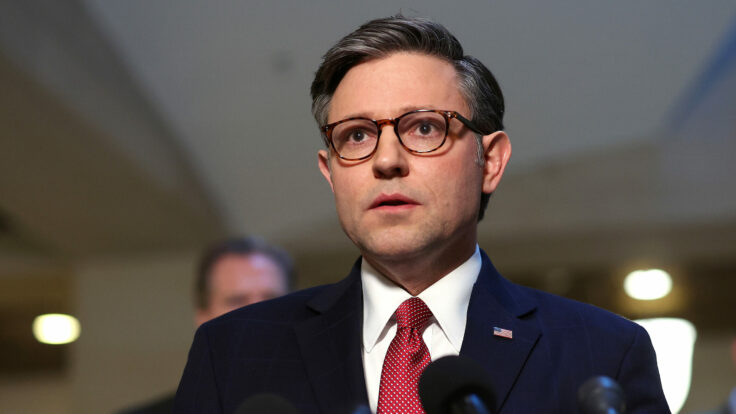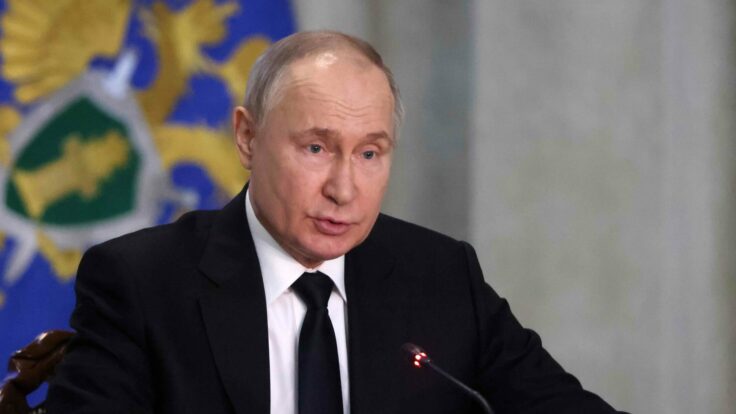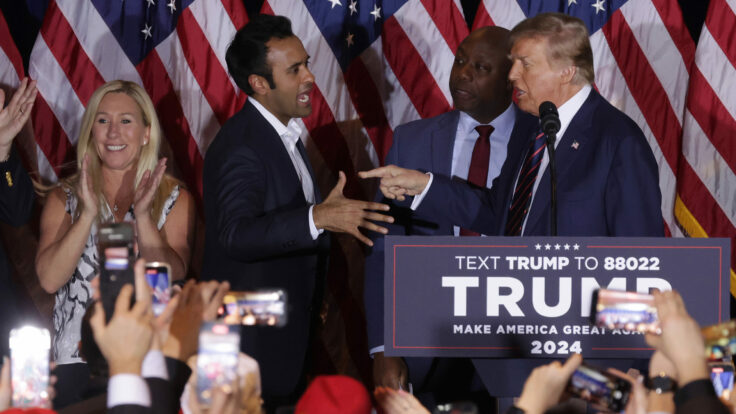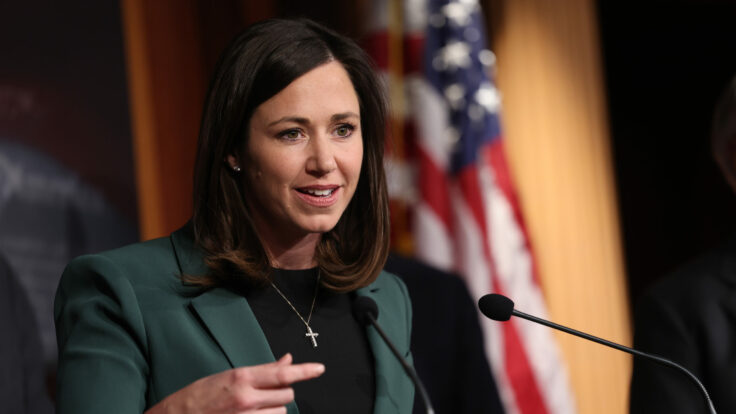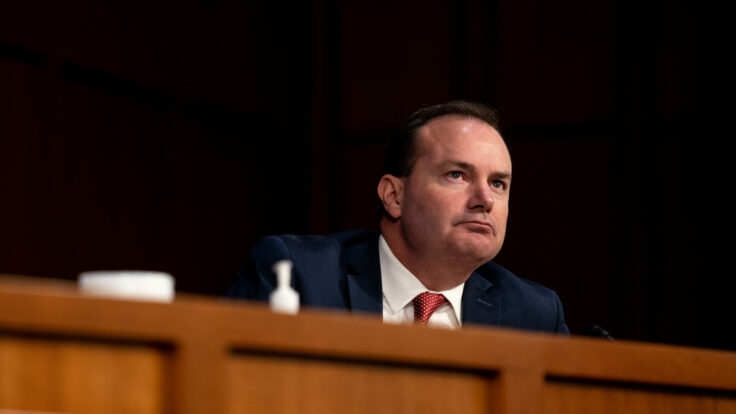Friday marked a year since Russia’s full-scale invasion of Ukraine turned the Western world upside-down. Much has changed inside Russia, too. Up to one million Russians have fled the country, a wave of emigration that rivals the one that followed the Revolution of 1917, when the Bolsheviks seized power. Russia has lost about a quarter million men to death and injury on the front—up from around 100,000 in October.
The Russian budget is operating at a deficit not seen since the financial crisis of 1998, which immolated the country’s economy. This year, the Russian economy contracted by two percent, a small but not insignificant decline. Meanwhile, prices have gone up. Many of the most beloved, recognizable Western companies—McDonald’s, Starbucks, IKEA—have expatriated and been replaced by paltry domestic impersonations or Chinese imports. Speaking out, a dangerous act before the war, has become even more hazardous. What was left of the Russian independent media is now almost entirely in exile, much like the remnants of the Russian opposition—at least those among them who aren’t serving long prison sentences.













